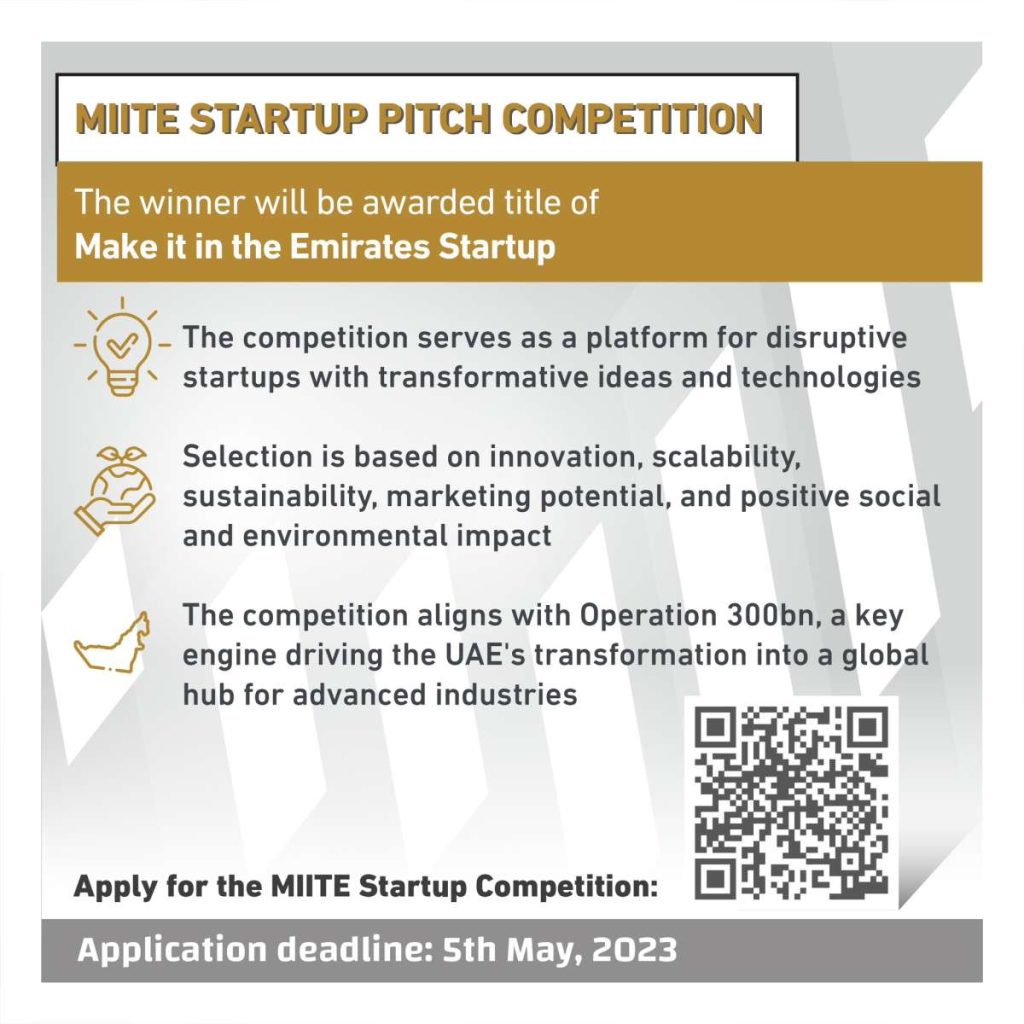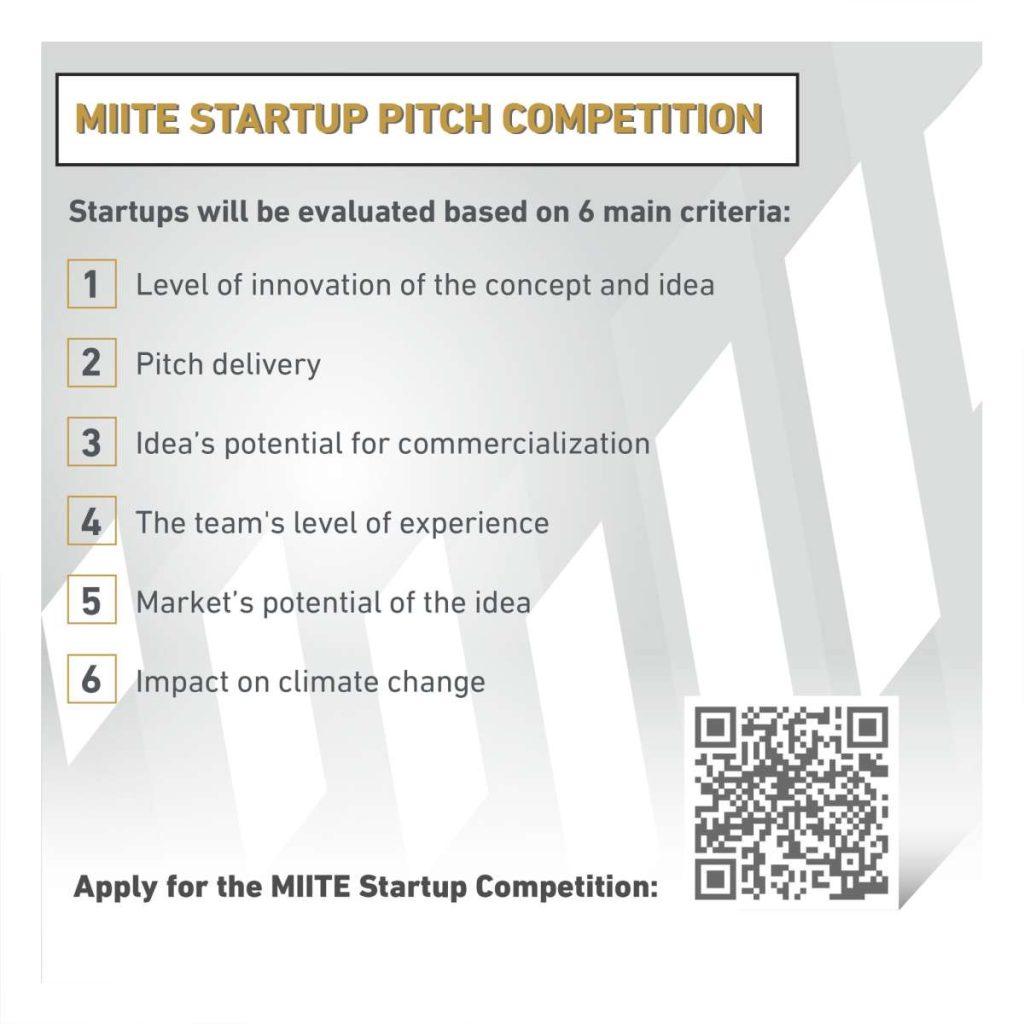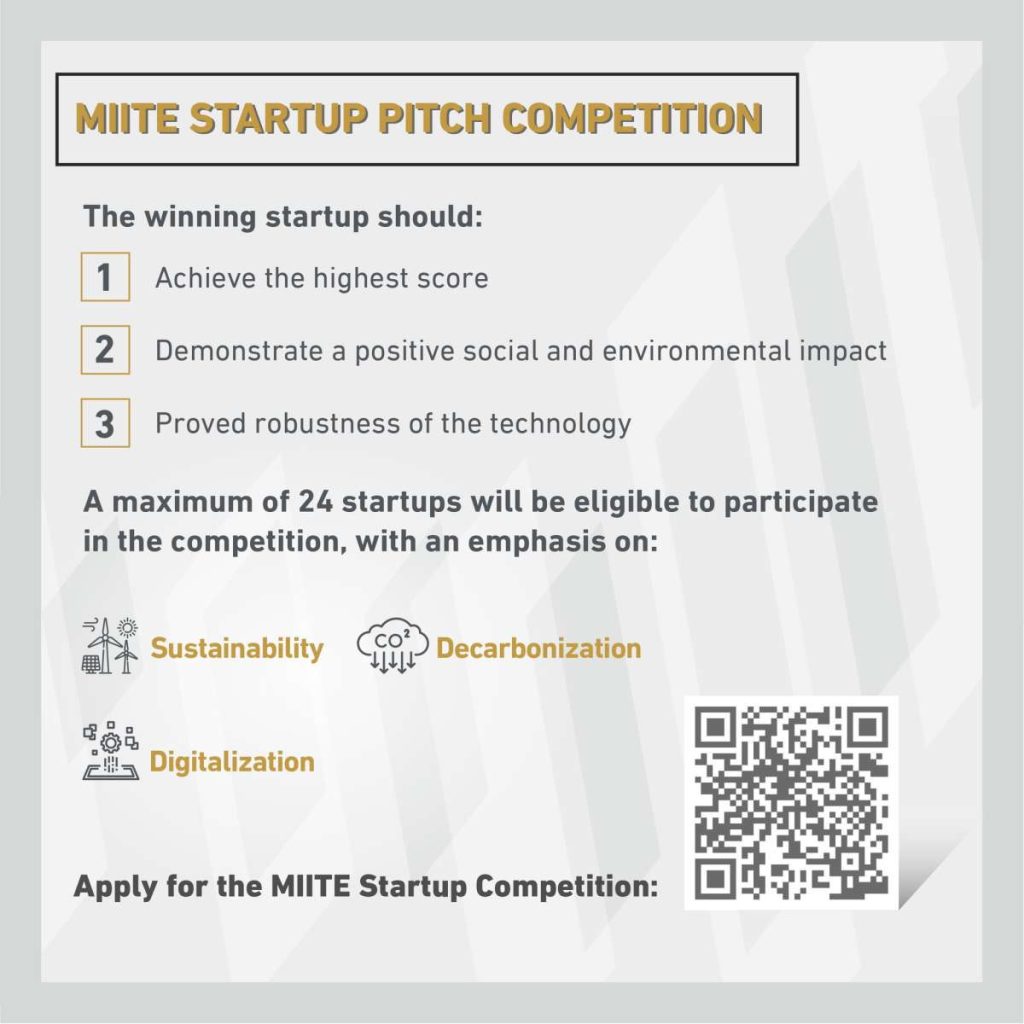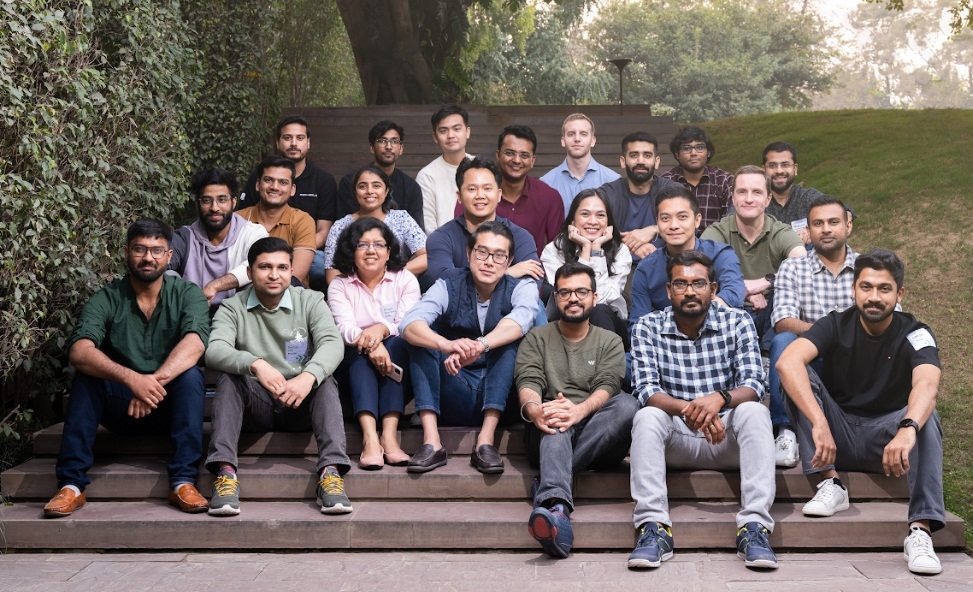Arvind Kumar said that failure is a part of the startup ecosystem not just in India but also in the developed part of the world..writes Archana Sharma
Startups in India are contributing towards bringing down the unemployment rate in the country to a great extent, Software Technology Park of India Director General Arvind Kumar said here on Wednesday.
Kumar was in the city recently to unveil STPI incubation facility.
Any NGO registered as a private limited company with a novel idea that meets the set criteria can be taken up as a startup.
Interacting exclusively with IANS, he said, “Currently, around 10,000 startups are being supported by us, and these entities have been instrumental in creating thousands of direct and indirect jobs. In the long run, they are going to create a very large volume of jobs, he added.
In Rajasthan, there are around 80-85 startups being supported by his technology park, he said.
To a question on fear of slowdown and startup failure, he said, “Startup failure is gradually reducing in India. Startup itself means a new idea which needs to find acceptance in the market and hence there are chances of failure and hence comes its name as start-up which means you don’t have hundred per cent chances of success. However, these days, we are working on an idea to bring in the problem statement from industry, so that there are less chances of failure and more chances of acceptability and adaptability, he added.
“We have started doing industry collaborations so startup failure has reduced. Now, there are Industry and academy partners as well and we are also providing administrative support to them,” said Kumar.
He further said that failure is a part of the startup ecosystem not just in India but also in the developed part of the world. “Our country has just embarked on the journey of startups, so naturally failures will be little more compared to those countries which started it some three decades back,” he said.
In developed countries, the success rate may be more because India has the first generation of start-ups compared to the US and other such countries which have third generation of startups. “We are at an evolving stage of startups”, he added.
On the challenges, he said, “Earlier, getting funds was one of the challenges. However, now since NRIs want to come back to India and become angel investors, funds are not as much of an issue as it was 20 years back.”
Meanwhile, another challenge is the market, so startups are now being connected with the state govt for ease of business.
Startup ecosystem is now working on networking and it has to be increased, he suggested further.
Networking can help them to get to market and to find market problems as well, he added.
















